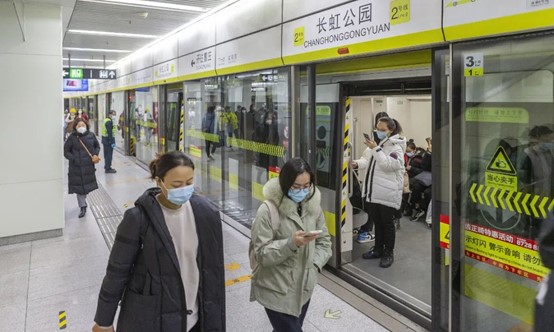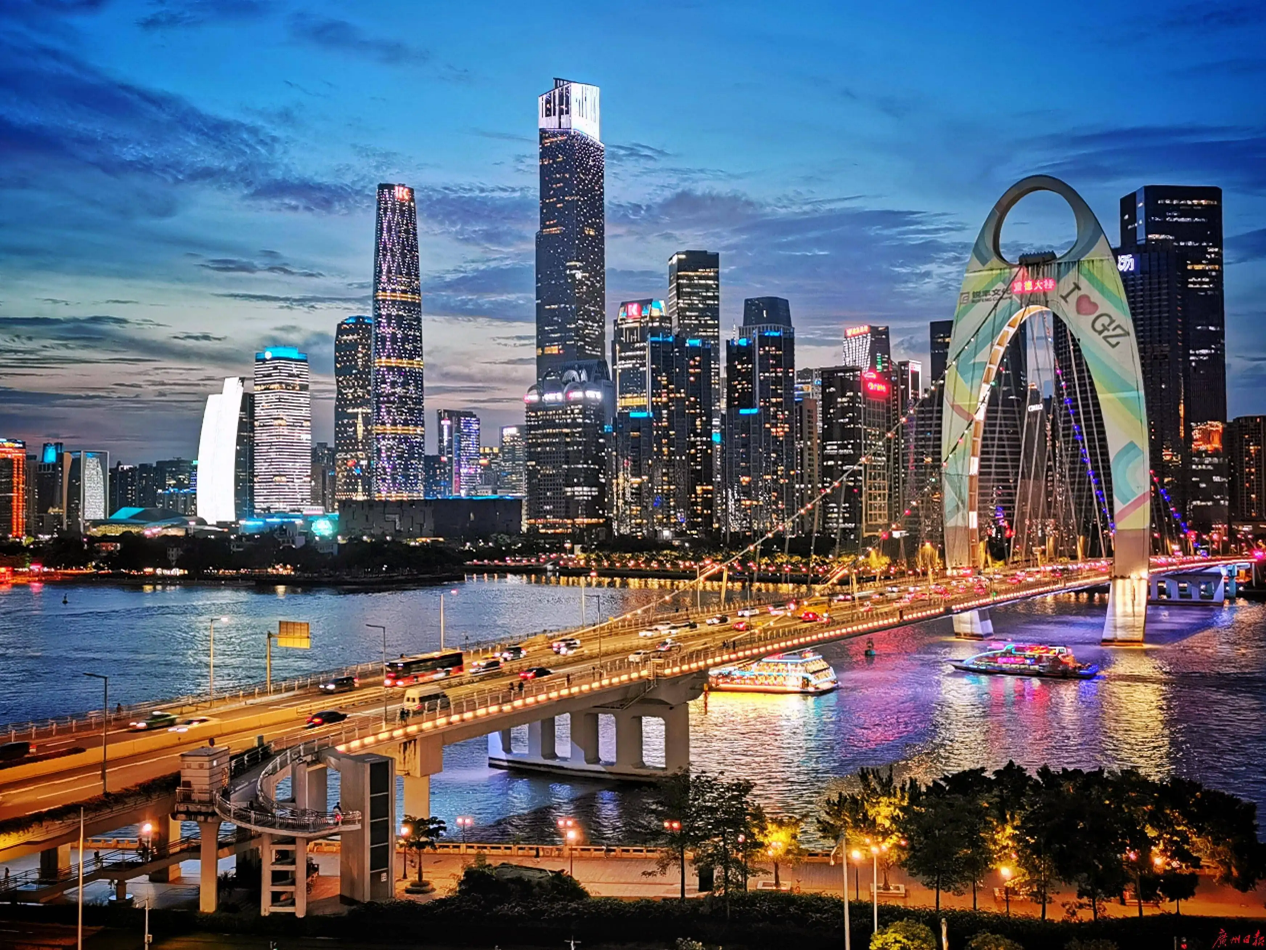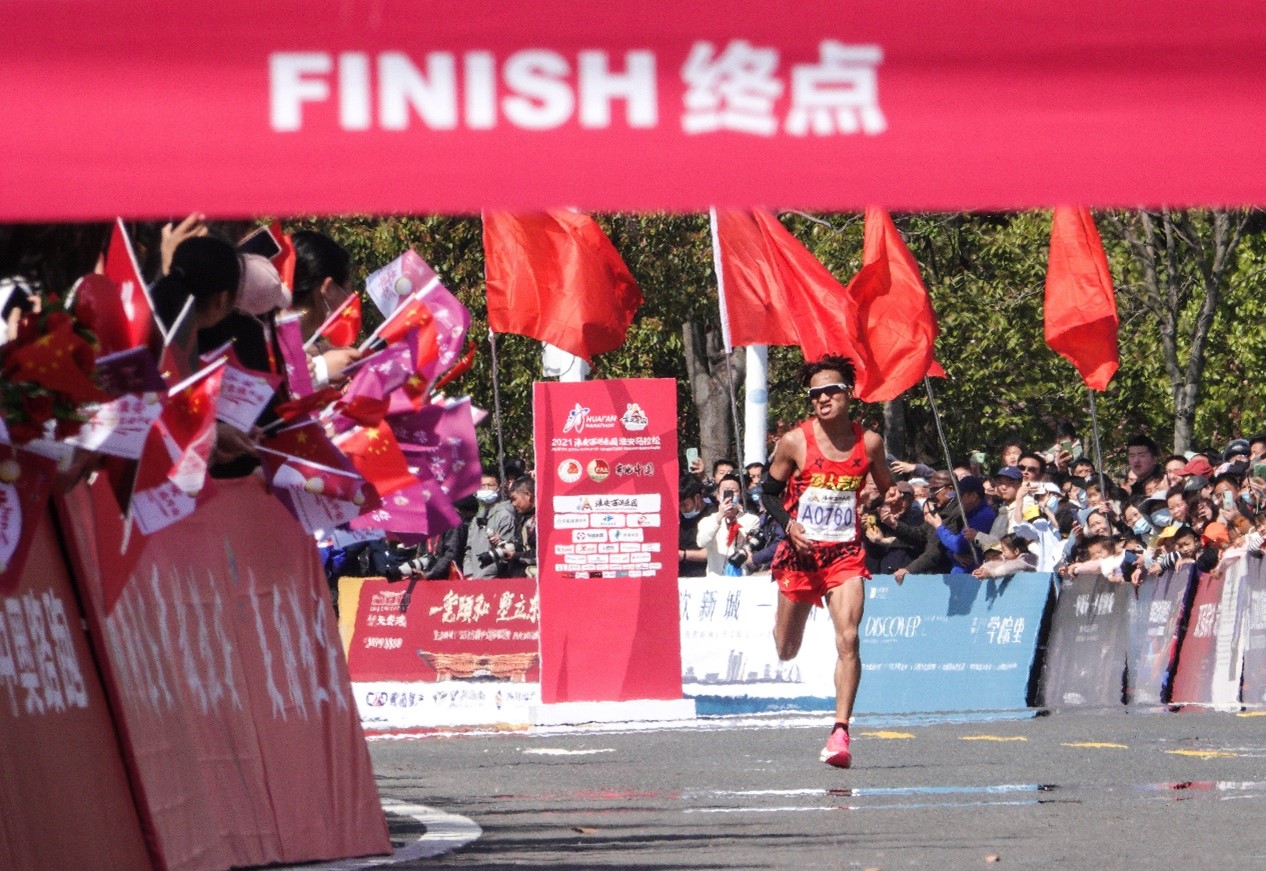At least 10 major Chinese cities have announced the ending of requirements for the checking of 48-hour valid COVID-19 test results for riding public transport. Some cities have also ended testing requirements for entering public venues as many localities continued to optimize their epidemic responses over the weekend.

Shenzhen issued a statement early Saturday, confirming that residents will no longer need to provide nucleic acid test certificates when entering public places such as pharmacies, parks, and outdoor tourist attractions, as well as taking public transports, but will still need to scan a venue code to check in, and show their green health code. Residents will still need to show nucleic acid test results when visiting farmer's markets.
Several major Chinese cities, including Beijing and Tianjin, announced on Friday they would scrap checks of two-day or three-day valid COVID-19 test results previously required for passengers of public transportation. Residents in cities such as Chengdu and Guangzhou no longer need to show test results when entering most public places.
Beijing announced on Friday that 48-hour valid nucleic acid tests are no longer needed on buses and subways starting next Monday. Passengers must still keep their masks on, the Beijing government said.
Beijing's shopping malls will all be open starting from December 3, although some still cannot provide dine-in services, and a 48-hour test is required, media reported.
The subway operators in Tianjin, Beijing's close neighbor, also scrapped checks for 72-hour valid nucleic acid tests for passengers starting Friday.
The move followed Chengdu, which, in addition to cancelling checks for nucleic tests for taking subways, told residents on Thursday that nucleic acid tests were not needed to enter most public places, and only green heath codes were required.
Chengdu also said on Thursday that close contacts shall be placed under centralized quarantine in principle, and those who meet the conditions for home quarantine are allowed to be quarantined at home.
The southern Chinese city of Guangzhou, which has been hardest-hit by the recent COVID-19 wave, was among the first to cancel checks of nucleic acid tests in some public places in low-risk areas.
Many Chinese cities are further optimizing their epidemic response with a "consistent strategy and flexible measures," facing the weaker Omicron strain.

The Xinhua News Agency published an editorial on Friday urging cities to impose restriction measures fast and lift those measures quickly, calling for the impact of COVID-19 on people's lives and economic, social development to be minimized.
